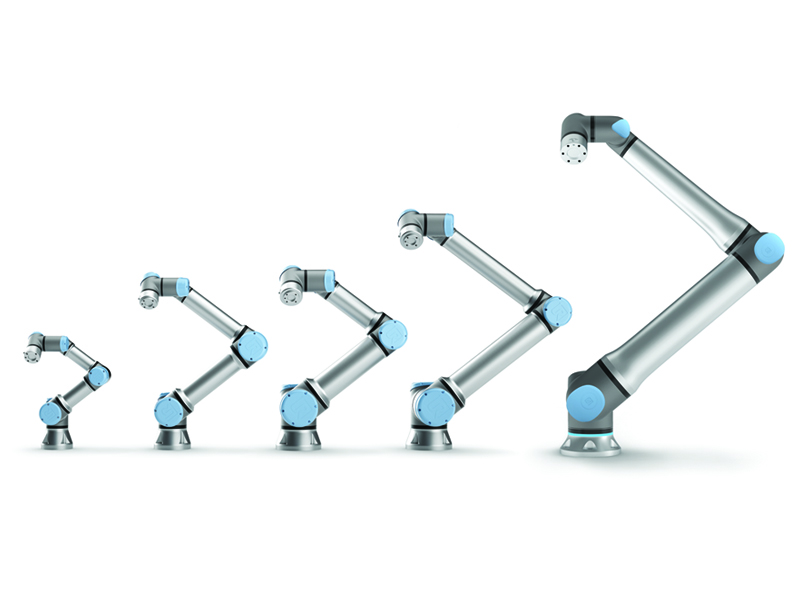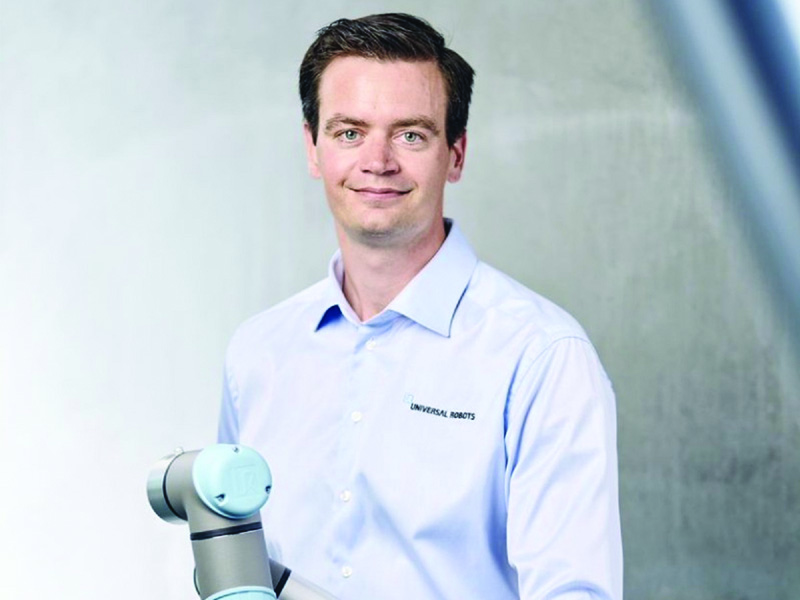

Anders Billesø Beck, Vice President of Strategy and Innovation at Universal Robots, the world’s number one collaborative robot manufacturer, evaluated how artificial intelligence (AI) affects industrial automation today. Pointing out that artificial intelligence shapes the industry in four areas, Anders Billesø Beck stated that the level of flexibility has increased even more.
Anders Billesø Beck, Vice President of Strategy and Innovation at Universal Robots, highlighted how artificial intelligence is impacting industrial automation today, making it easier than ever to automate various tasks. Pointing to four areas of how it can benefit manufacturers around the world, Beck highlighted the advantages of this new collaboration between artificial intelligence and cobots. Noting that there have been significant developments in terms of labor shortage, improving the welfare of employees, increasing quality or productivity; He stated that manufacturers who have resorted to cobot automation to overcome their business challenges are now able to solve extremely complex tasks.
“It offers ‘human-like perception’ support to collaborative robots”
Saying that artificial intelligence makes a difference with a human-like perception and handling variations without prior teaching or programming, Anders Billesø Beck said, “In this regard, Apera AI’s ‘4D Vision’ technology, which challenges the existing situation by providing ‘human-like perception’ to collaborative robots, is quite guiding On garbage collection; With the use of scanners and cameras, ‘4D Vision’ is able to identify the objects ‘most collectible’. It can tell the Cobot the fastest and safest way to process them. The pose estimation and path planning data are provided to the cobot, allowing the robot to follow a safe path to reach its destination. In dealing with variations without prior teaching or programming, which is another achievement; “Customers who don’t have to spend time teaching or programming the robot gain even more flexibility and can change processed objects without wasting time on reprogramming.”

The most important advantage of AI in automation: Continuous improvement
Stating that artificial intelligence enables industrial robots to cope with differences in position, shape or movement, Beck continued: “Rather than being dependent on certain pre-programmed measurements, the robot can produce its movements in real time. Artificial intelligence can also be used to give robots a sense of touch. For example; AICA’s AI control software enables the robot to learn sensitive tasks such as gear assembly, even if the task changes each time. Another important advantage of artificial intelligence in industrial automation is its continuous automatic development. This level of self-learning means that as a customer, your automation solution will evolve day by day. At the same time, AI products offer manufacturers unpredictable levels of flexibility and convenience, while improving quality and reliability.”

